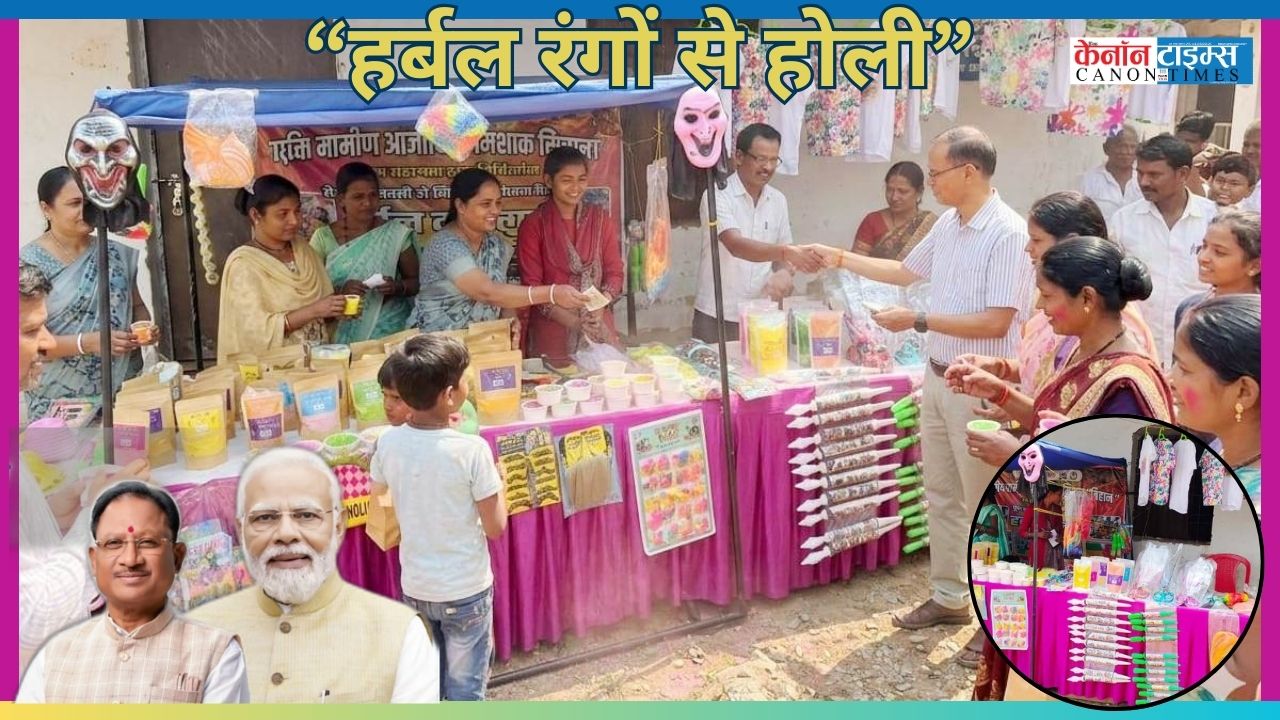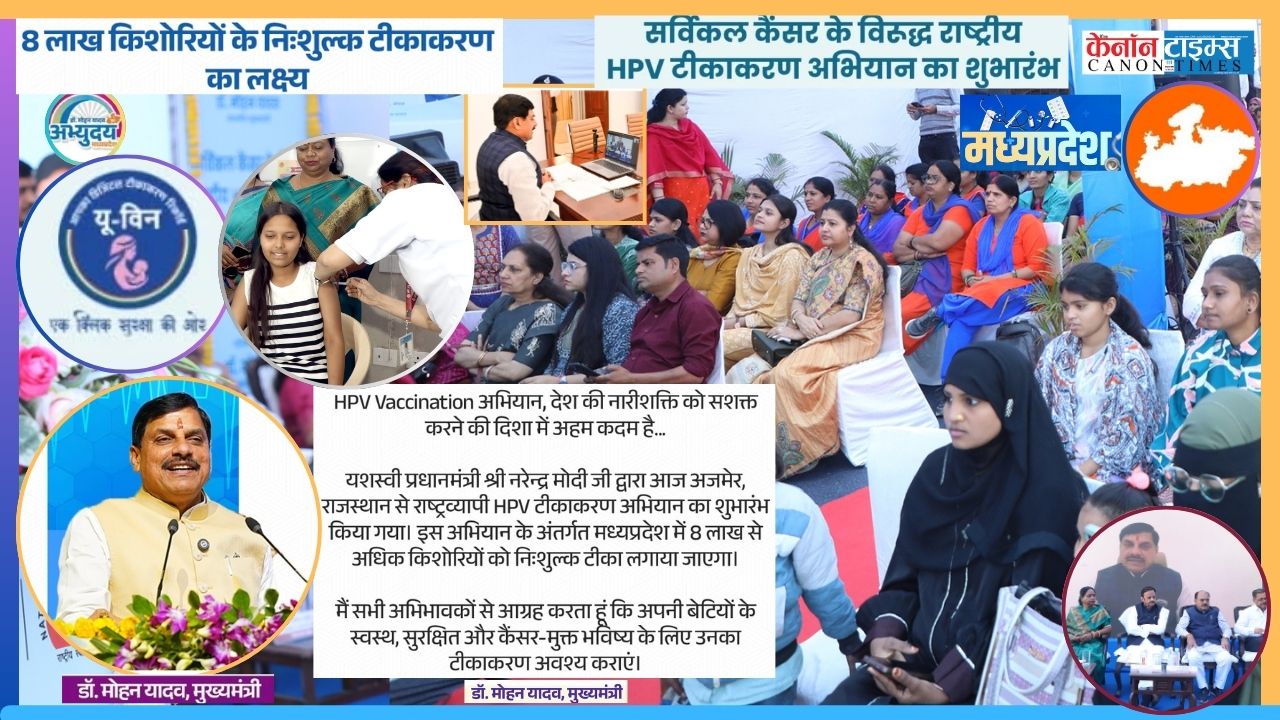Capitalist liberal stance celebrates the ringfencing of private property, whereas the progressive set is concerned.
As Chief Justice of India Dhananjaya Y Chandrachud retires, one of his recent judgments highlighted a disputed interpretation of a constitutional requirement. This refers to the conflict between private property rights and the State’s use of eminent domain to acquire property for public use. In a decades-old lawsuit between the Property Owners Association and the Government of Maharashtra, a nine-bench verdict established principles and a non-exhaustive list of situations for the State to seize private property using its eminent domain position.
The definition of “material resources of the community” includes some private property, but not all. It is context-dependent and considers factors such as scarcity and role in the community’s well-being to determine if a property is a material resource.
Capitalist liberals have praised the decision to protect private property, while progressives have reservations. The latter is correct. According to Article 39 (b), the State is responsible for ensuring equitable distribution of material resources to benefit the community.
However, property owners have disputed the seizure of their land or possessions under Article 14 or Article 19.
The Supreme Court’s recent decision may be seen as a deviation from the socialist spirit of Article 39 (b) and past decisions by renowned judges such as Justice VK Krishna Iyer, potentially limiting the State’s power.
The transfer of public resources, such as land, to private corporations at a time when income and wealth disparities in India are at their highest since the British Raj, cannot be seen positively. Liberal capitalists may wish to reduce the State’s responsibilities, such as housing and education, but doing this within the legal framework is not good news for the rest of society.
Justice Sudhanshu Dhulia dissented, concluding that a community’s material resources include private property, which is a minor comfort. In a country where impoverished or marginalized individuals are frequently seized of their private property, the ruling may be read to benefit private interests over the communal good.
Dr. Abhishek Verma
Author: This news is edited by: Abhishek Verma, (Editor, CANON TIMES)
Authentic news.






